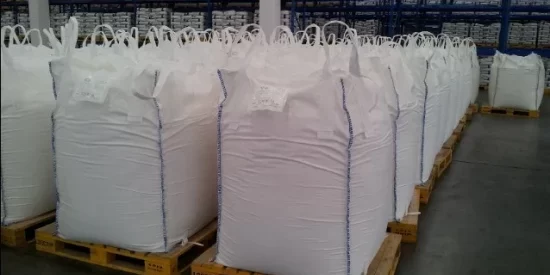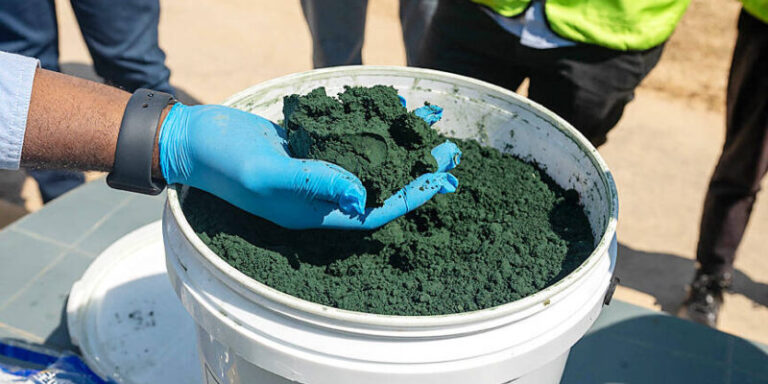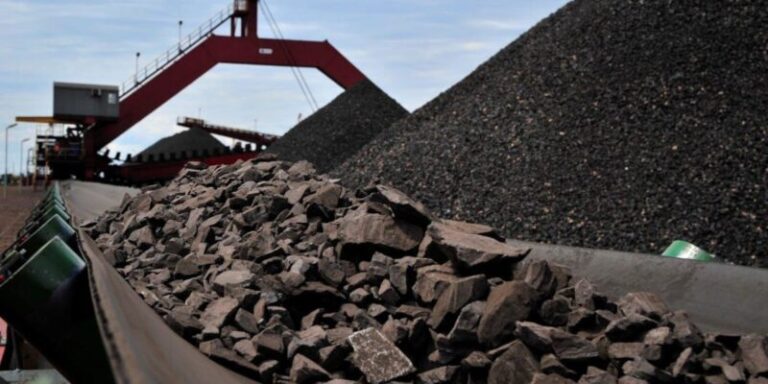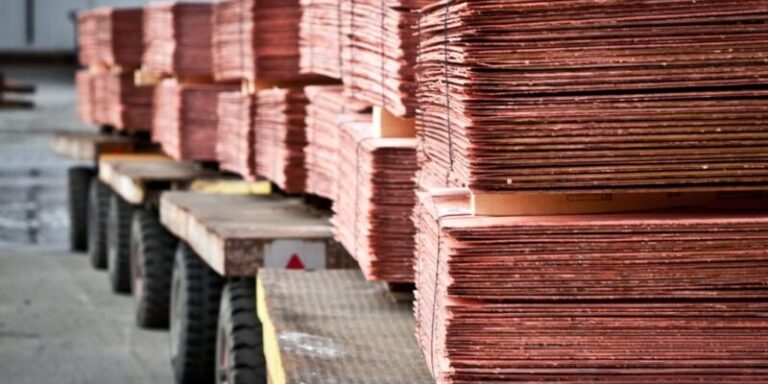
Zimbabwe generated $209 million in income from lithium exports in nine months, according to the country’s Ministry of Mines.
Lithium is on track to become Zimbabwe’s third-largest mineral export, following gold and platinum group metals, with export earnings of $2.46 billion and $2.27 billion, respectively, last year.
Zimbabwe, the leading lithium producer in Africa, is banking on the rising demand for this mineral, crucial for storing renewable energy, to rejuvenate its struggling economy.
In the third quarter, Chinese companies were awarded licenses that could see $2.79 billion of investment flow into Zimbabwe, mostly in mining and energy as the government pushes to develop some of Africa’s biggest lithium deposits and address power supply challenges in the country.
The proposed investment, a tenfold surge compared to the $271 million committed during the same period last year outpaces that of its closest rival, the United Arab Emirates, which secured licenses for investments amounting to $498.5 million.
In total, the combined value of investment licenses issued during this period reached $3.41 billion, according to Bloomberg.
Chinese applications “were the most by number and investment value with mining being their most preferred sector followed by the manufacturing sector,” the Zimbabwe Development Agency, the state-owned unit tasked with securing investment, said in a report.
Chinese firms have been acquiring lithium mines, which provide a crucial element for electric vehicle batteries.
They are also engaged in modernizing and constructing power facilities in the nation. Out of the proposed investment, $2.8 billion is allocated for energy initiatives, and $411 million is directed toward mining.
One of the projects supported by China is a $2.3 billion energy and mining complex in Mapinga that will be responsible for processing minerals. Another venture is a 500-megawatt solar energy project.





